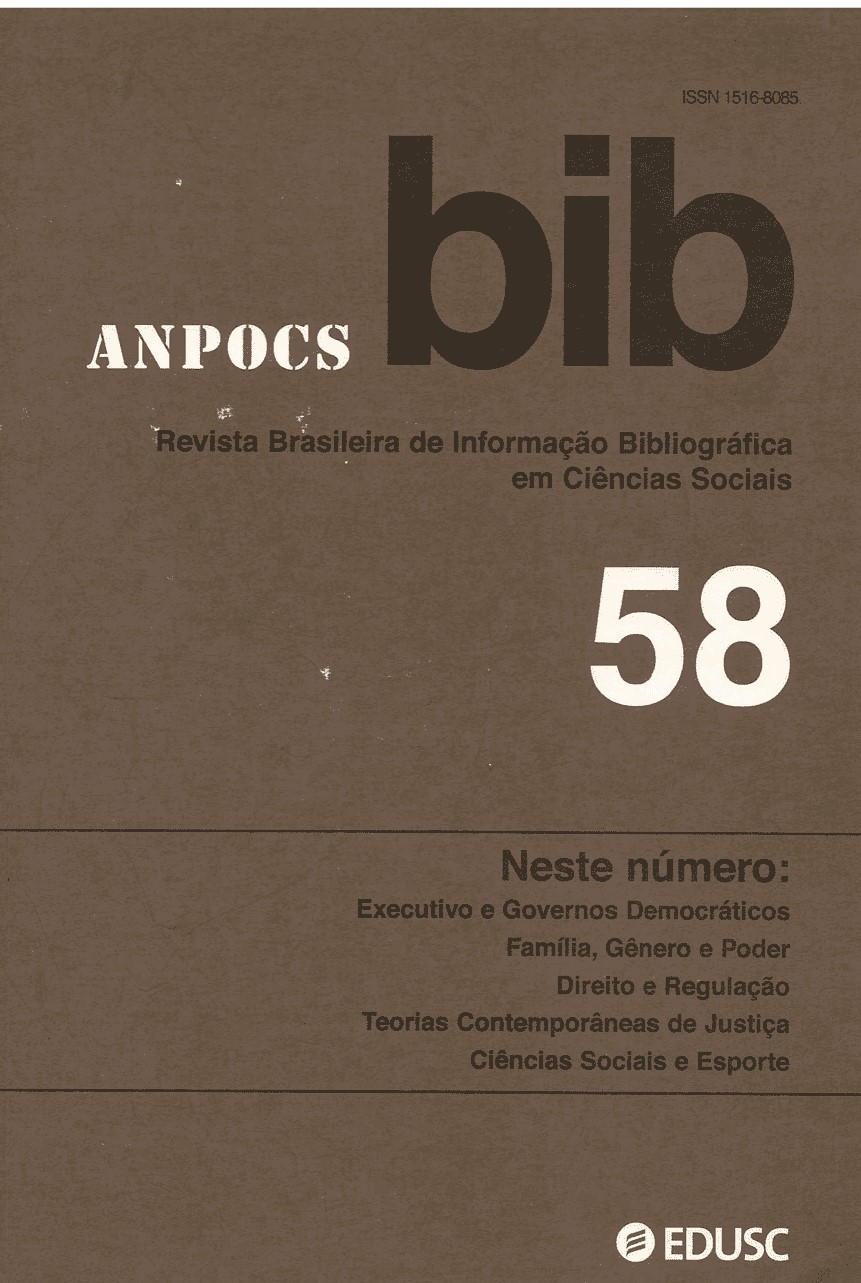Family, gender, and power in Brazil in the twentieth Century
Keywords:
Family, Power, Gender, National identityAbstract
The question that guides this bibliographic review is: H ow does social thought w hich builds nations incorporates relations bewtween men and w om en in their h isto rically contextualized interpretative framework? It goes beyond the lim its o f gender theory as power relations between men and w om en, p o in tin g out relations to the d istribu tion o f social power and to the circulation o f w om en, and to aspects related to the interpretation o f data constructed in sym bolic, norm ative, transitive and contextualized spheres. E xam ining the control o f sexuality and the form ation o f dom esticity in the national p o pulation, the article identifies m eanings o f social relations associated to the form ation o f collective alliances and exchanges w hich occur in the process o f b u ild in g a national population w hich is transitive, because it changes over tim e, and contextual because it varies in com plexity from place to place. A m ong those who have theught about fam ily and gender in Brazil, there is a specific historical succession o f emphases in the stud y o f the Brazilian population, o f fam ilies, and o f men and w om en, throughout the tw entieth century. Brazilian culture — as observed and interpreted by national and foreign authors o f ideas produced in historical contexts o f in ternational power relations. T his succession has reserved, in historical sequence, a special place for racial discrim ination and m iscegination, for patriarchal families, for urban nuclear families, for impoverished matrifocalfamilies, and for diverse, alternative families. Each period reveals changes in the position o f Brazil in a com plex web o f international relations in constant transform ation, accom panied closely by gender differences in Brazilian society.





